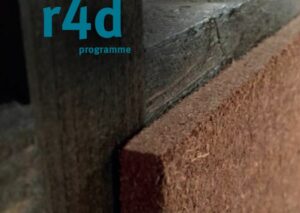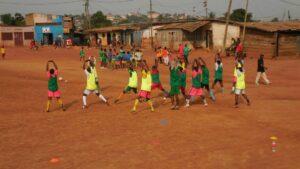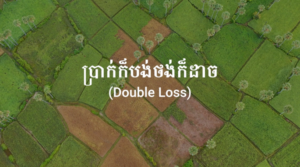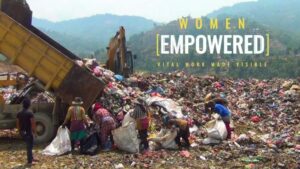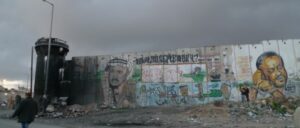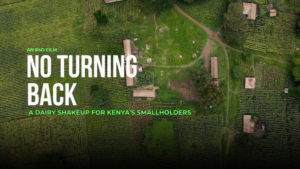
Nuanced insights into the global issues of ethnic power relations, gender inequality and dealing with painful pasts
Nils Rosemann knows all of the projects very well. “Based on various results, we had suspected for a while that, for example, gender plays an important role in social conflicts,” he says. As a representative of the Swiss Agency for Development and Cooperation (SDC), he has been closely involved in the Swiss research programme on global development issues (r4d programme). The research module “Social conflicts”, one of six r4d modules, was the first to conclude its work in spring 2020. Nils Rosemann was a member of the evaluation panel of this module. After eight years of research, the researchers are now presenting the consolidated results of their projects.
Systematic comparisons create new insights for peace and institution building
“After systematically comparing experiences in different countries, we began to recognise patterns,” says Nils Rosemann. A new knowledge base has emerged as a result of analyses focussing on collective processes of memorialisation and ethnic conflicts in so-called fragile states. “When we started consolidating the various project results, we could confirm that gender plays an important role in social conflicts,” he adds. In his opinion, the results open up new avenues for peace research. “In negotiations, we can rely on analyses that are scientifically sound and broadly validated,” he says. This strengthens development policy.
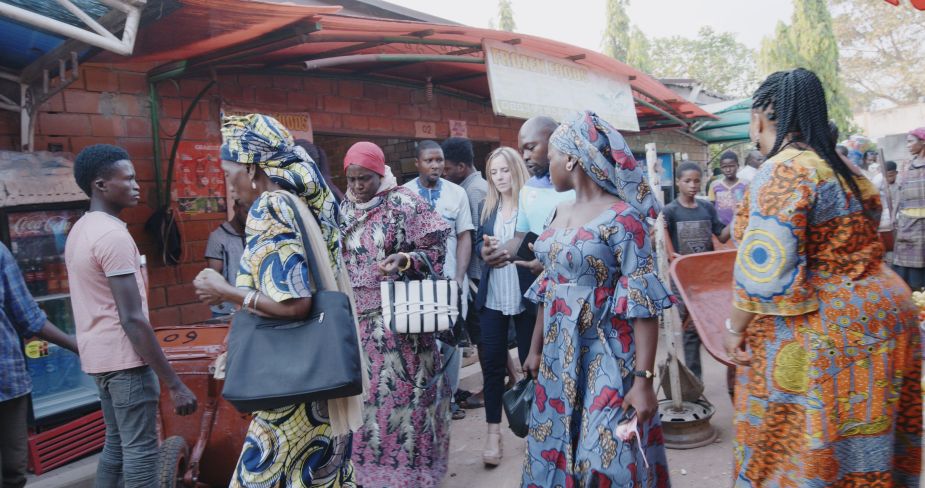
Picture 1: Researcher and peace activist Amina Ahmed in conversation with her research colleagues in a market in Abuja, Nigeria. She is one of the protagonists in the research documentary “Inequality and Conflict – Beyond us and them”.
Personal and analytical knowledge
Programme coordinator Claudia Zingerli of the SNSF is impressed by the great variety of methodical approaches that were used to explore inequality. “The projects of the module ‘Social conflicts’ have highlighted new ways of analysing fragile contexts and addressing the resulting conflicts.” As the programme went on, she explains, it became clear how important the continued exchange among the researchers was.
A documentary film, “Inequality and Conflict – Beyond us and them”, was produced as part of the module synthesis. Claudia Zingerli is particularly pleased to see how in the film the personal knowledge of the protagonists is presented side by side with the analytical knowledge of the researchers. “The very personal experiences of discrimination, hardship and prejudice are combined in a novel way with analyses and insights from different contexts,” she explains. She is convinced that the film makes it possible to spread the results beyond the scientific community.
Evolving research
Dirk Messner, President of the German Environment Agency and chair of the r4d evaluation panel, also points to the positives. “Research and development policy have moved towards each other in this subject area,” he says. Thanks to new international networks, he explains, partnerships can generate excellent research while at the same time creating new perspectives for policy advice.
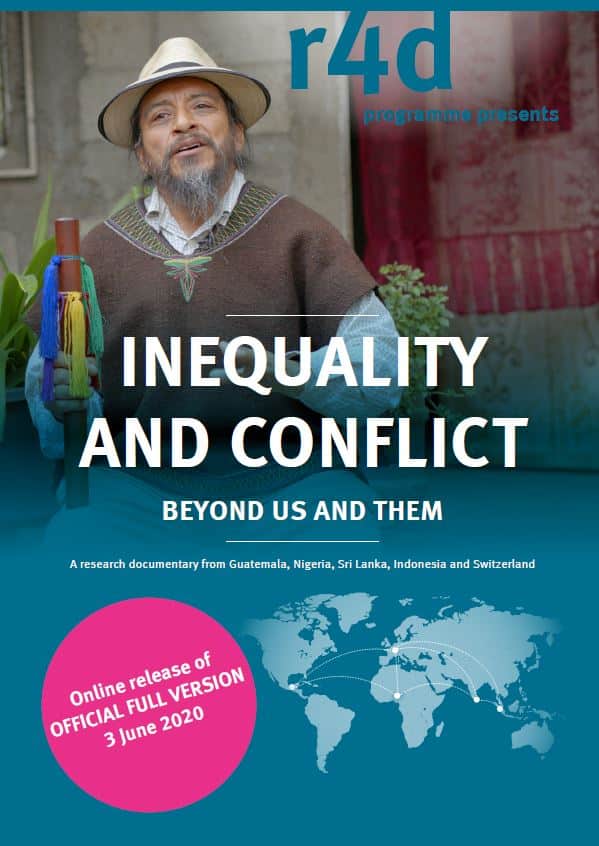
Picture 2: Film flyer “Inequality and Conflict – Beyond us and them”
Research documentary on inequality and conflict
The documentary film “Inequality and Conflict – Beyond us and them” combines results of the projects of the module “Social conflicts” of the r4d programme. As of today, it is available in full length online. The film offers remarkable insights into struggles related to inequality and conflict in five countries.
Researchers in a market in Nigeria, activists at a demonstration in Guatemala, statues of heroes in Sri Lanka: the scenes illustrate long-term research on social conflicts on three continents and in very different circumstances. Every person who appears in the film has their own, often traumatic, history but also knowledge and experience in solving conflicts. Watch on YouTube.Official trailer.Film flyer.
Related Posts
Sources
Contact:
r4d programme, r4d@snf.ch
Website:
http://www.r4d.ch/modules/social-conflicts
Context:
r4d Social Conflicts projects Ethnic Power Relations, Gender Dimensions of Social Conflict, Fostering Pluralistic Memories.
